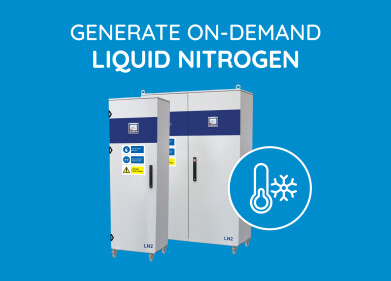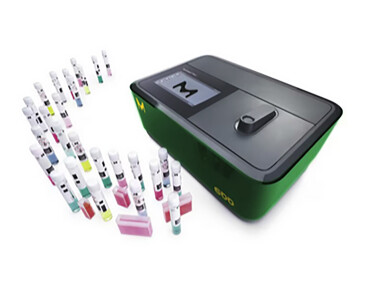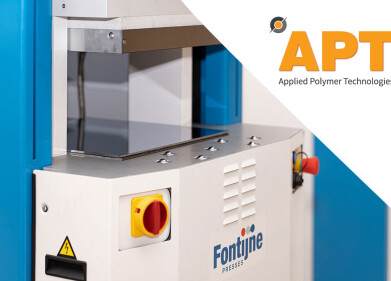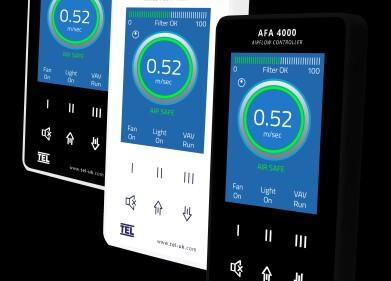-
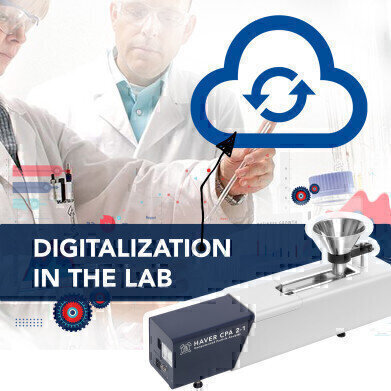 Innovative systems for particle analysis from Haver & Boecker.
Innovative systems for particle analysis from Haver & Boecker.
Laboratory products
Digitalisation in the Lab
Aug 31 2022
How to meet increasing quality requirements for bulk material analysis with modern measurement technology:
With more digitalisation in the lab.
Today, the digital laboratory should already be state-of-the-art in many aspects. However, many measuring instruments and devices exist that have been established for decades and have therefore not yet made the leap into the digital age. At the same time, uniform interfaces are difficult to unrealistic due to the diversity on the market and the rapid speed of developments.
To compensate for this, compromises are made and too often the human being is the interactive interface between the systems. Whether it is collecting readings, typing them in, or even copying data from one software to another, these are all activities with little added value to the actual laboratory operation. Therefore, this compromise cannot be the solution, but rather a laboratory in which everything is already networked and coordinated at the systems level.
To take full advantage of the attractive aspects of digital opportunities, these systems must be intelligently integrated. With the clever use of smart devices and network-enabled laboratory equipment, all data is immediately available. In this way, digitalisation offers you key advantages that will increase your efficiency:
- Analyses are immediately and digitally available from everywhere
- Accessible software and simple user guidance increase efficiency and avoid errors
- Precise and transparent data provide reliable information on even the smallest variations in material samples
- Data availability and data security are fully integrated into the company's infrastructure
- Employees can perform qualified tasks and are not tied down by trivial compulsory tasks
Finally, the lab is smart: Accurate data for the secure cloud
The HAVER CPA technology is an example of how diverse the options for data integration are in the context of digital-optical measurement: everything is possible, from simple data storage in the network to the provision of data exports to data transfer - for example, via OPC-UA interfaces. Once configured, laboratory staff are freed from the unproductive task of storing, transmitting and managing data and can devote their time to other tasks. At the same time, clever linking with production and customers is made possible in a variety of ways.
The data is transferred to the configured interfaces of the laboratory system to the desired extent and automatically stored in a secure cloud. In this way, they are available to all approved systems and users worldwide. The emphasis here is clearly on the ‘released’ systems, because it is clear: The instrument should provide data, but only within the controlled framework of the administration. Data collection in the laboratory cannot be realised in a more direct, secure and efficient way.
More information online
Digital Edition
Lab Asia 31.6 Dec 2024
December 2024
Chromatography Articles - Sustainable chromatography: Embracing software for greener methods Mass Spectrometry & Spectroscopy Articles - Solving industry challenges for phosphorus containi...
View all digital editions
Events
Jan 22 2025 Tokyo, Japan
Jan 22 2025 Birmingham, UK
Jan 25 2025 San Diego, CA, USA
Jan 27 2025 Dubai, UAE
Jan 29 2025 Tokyo, Japan
